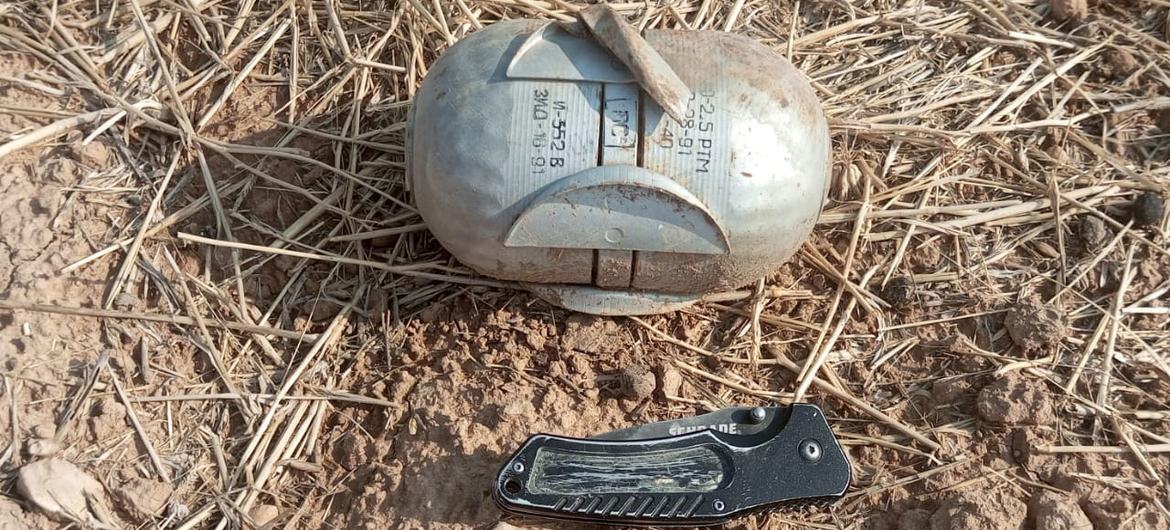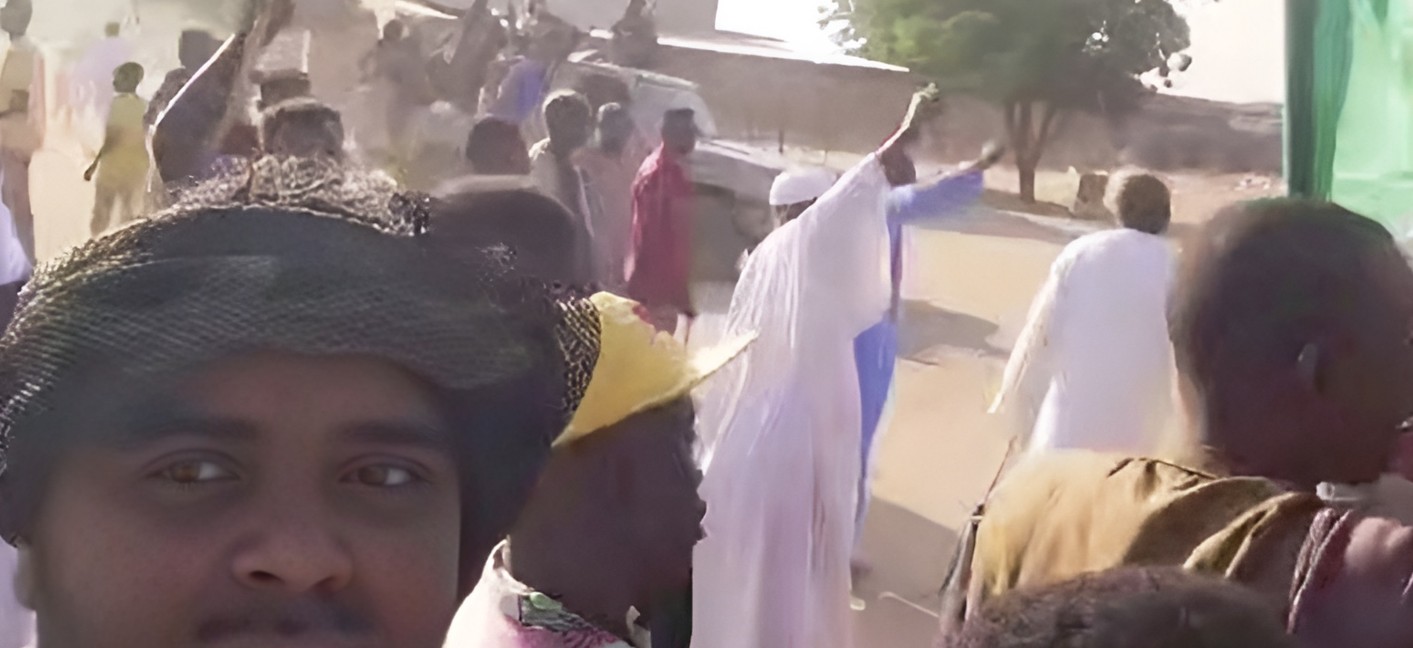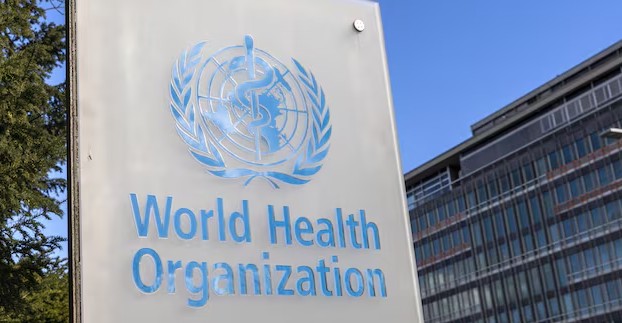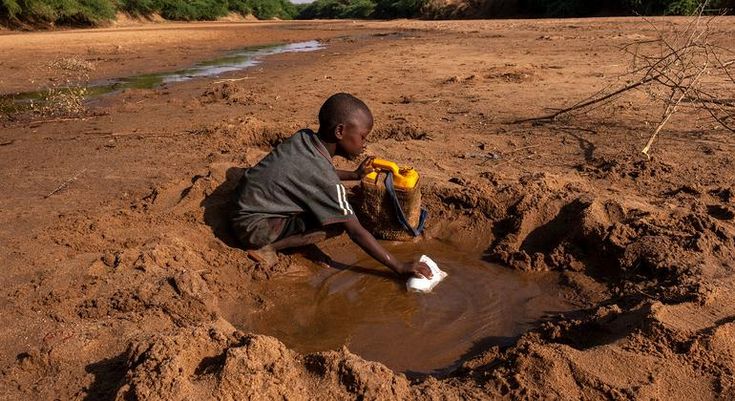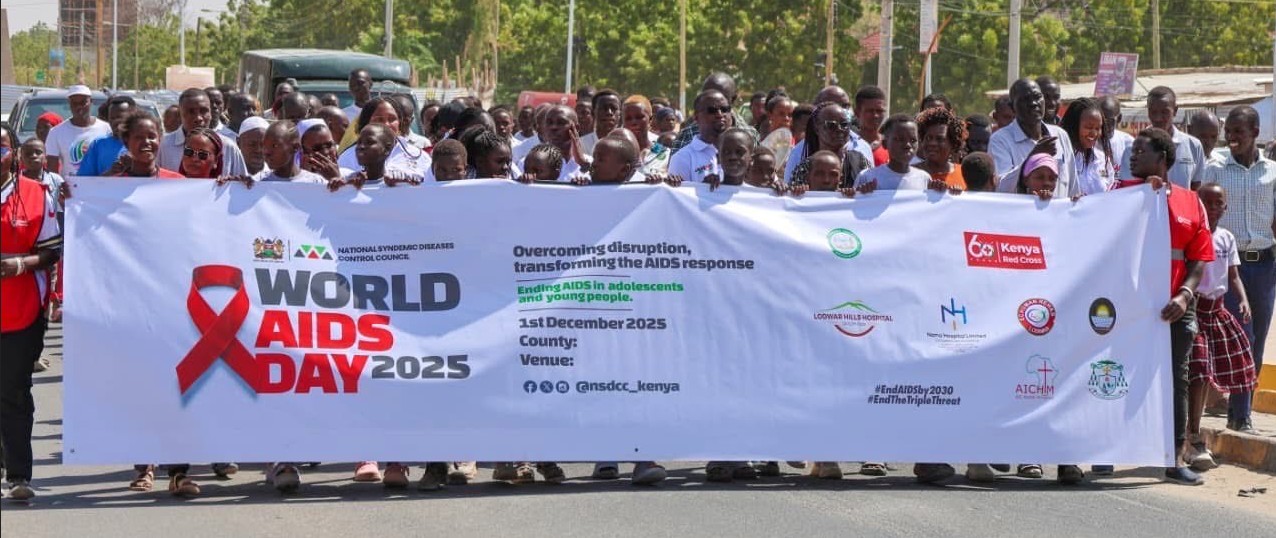Likoni MP Mishi Mboko leads anti-GBV campaign in Mombasa as calls for justice intensify
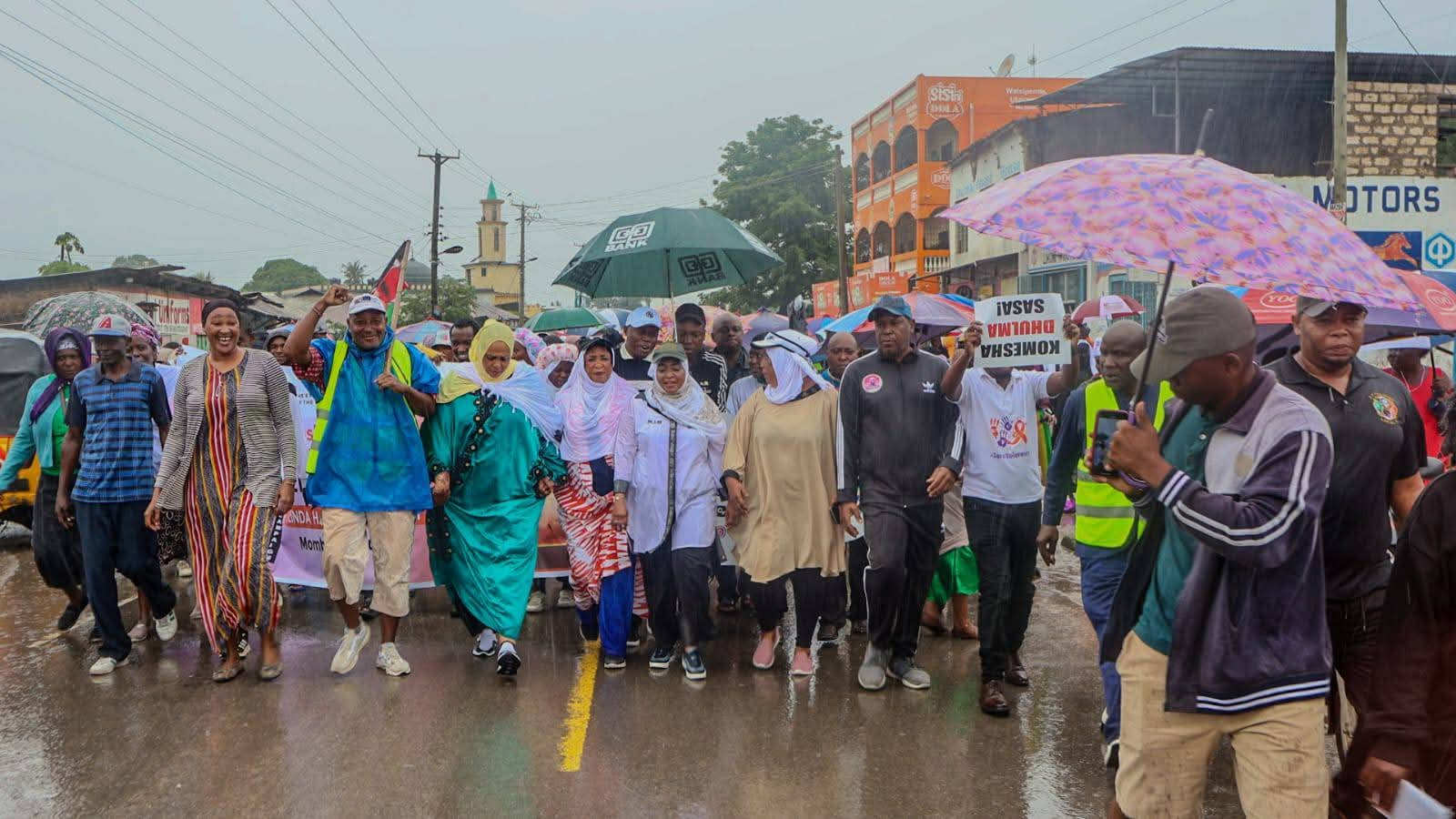
The campaign, dubbed Komesha Dhuluma, seeks to mobilise national efforts against femicide and GBV, and was officially launched earlier at the Parliament Buildings in Nairobi.
Likoni Member of Parliament Mishi Mboko led a major anti-femicide and gender-based violence (GBV) campaign in Mombasa County, decrying the rising cases of violence against women and girls.
The event, held at Mwahima Stadium, brought together more than 300 women in a united call for action.
More To Read
- 16 days of activism: Strengthening protection against gender-based violence
- Mombasa sets January deadline for tuk-tuk operators' SACCO registration
- Violence against women and children is deeply connected. Three ways to break the patterns
- Man charged with schoolgirl’s murder shocks court, seeks plea deal
- Why a woman is killed every 10 minutes; the rising wave of global femicide
- 16 days global campaign spotlights growing threat of gender-based violence
The campaign, dubbed Komesha Dhuluma, seeks to mobilise national efforts against femicide and GBV, and was officially launched earlier at the Parliament Buildings in Nairobi.
All 102 female legislators from the National Assembly and the Senate have committed to leading this campaign within their constituencies.
Mishi highlighted the gruesome murder of a 22-year-old woman in Likoni, whose body was discovered in a sack and her head found in a separate location, a case she said exemplifies the growing brutality targeting women.
“As women leaders, we are deeply disturbed. Femicide and GBV cases have reached alarming levels. Even in universities, our daughters are being stabbed and assaulted randomly,” Mishi said.
She criticised the sluggish justice system, noting that victims of defilement, rape, and domestic abuse often face delays that deny them timely justice.
“There are many laws in place, the Sexual Offences Act, the Victim Protection Act, the GBV Protection Act, but enforcement remains a major hurdle,” she stated.
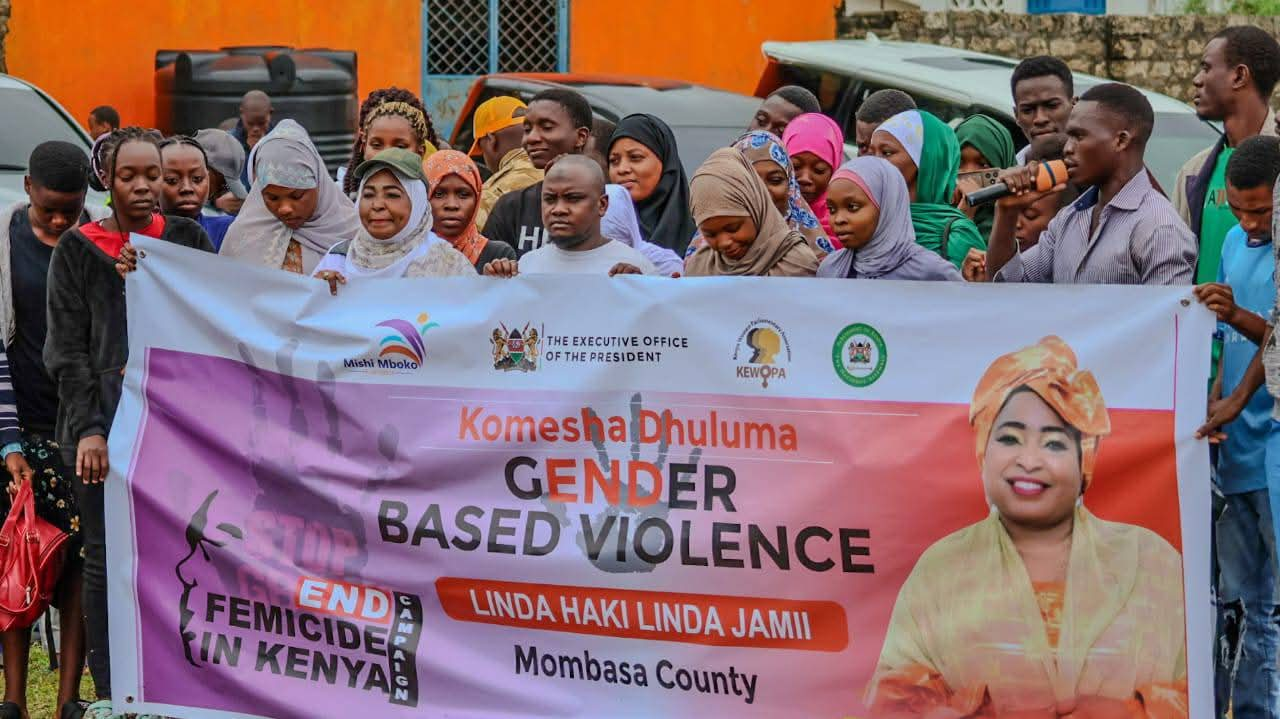 Likoni MP Mishi Mboko leading anti-femicide and anti-GBV campaign in Mombasa. (Farhiya Hussein)
Likoni MP Mishi Mboko leading anti-femicide and anti-GBV campaign in Mombasa. (Farhiya Hussein)
Mishi added that early and forced marriages, marital rape, and domestic beatings are all forms of GBV, yet they are often dismissed or mishandled at the community level. “Love should never be violent. The holy books of both the Quran and the Bible guide us to live in understanding. If love fails, people should simply walk away in peace.”
She urged parents to be more vigilant, saying many GBV cases stem from close relatives or trusted individuals. “This violence is not only affecting girls. Our boys are also victims. We now have cases reported even in schools and religious institutions. Nobody is safe unless the whole community unites.”
Mishi called on security officers, chiefs, village elders, and the judiciary to prioritise GBV-related cases and avoid delays that often compromise evidence. “We are saying enough is enough. You can’t go through a single month without hearing of such incidents. Justice must be swift.”
She also called for the revival of an abandoned rescue centre in Likoni, which she said could provide a critical safe space for victims of violence. “The government is allocating National Government Affirmative Action Fund (NGAAF) funds for such initiatives. County governments also receive funds. Rescue centres must be set up to offer counselling and therapy to survivors facing trauma and stigma.”
The Komesha Dhuluma campaign will roll out across the country, with promotional drives and public education efforts aimed at eradicating GBV and restoring safety for women and children.
Top Stories Today
